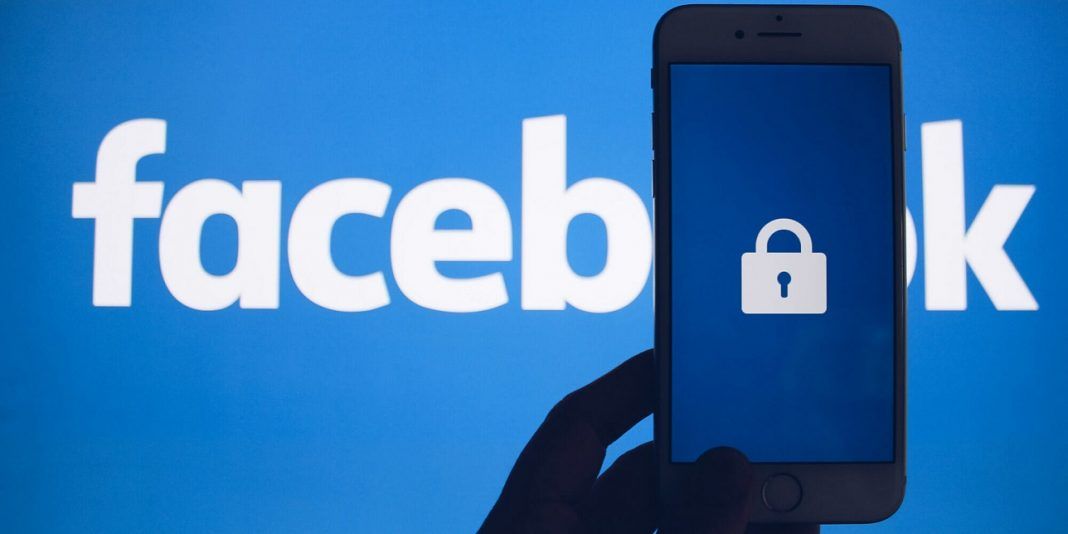
Users keep learning more aspects of Facebook now that the secret groups have been exposed. Many of us have known about these for years, but since the Border Patrol was exposed for having one nearly ten-thousand members strong, more people are learning about this new aspect of Mark Zuckerberg‘s social media giant.
U.S. Border Patrol agents are under fire for posting offensive messages in a “secret” Facebook group that included sexually explicit posts about U.S. Rep. Alexandria Ocasio-Cortez and dismissive references to the deaths of migrants in U.S. custody. The existence of that group was reported Monday by ProPublica . Prior to that, few people outside the group had ever heard of it.
Facebook enforces complex guidelines against hate speech, abuse and other categories when it comes to users’ posts to their friends or to the public. Here’s a look at how the social network handles similarly offensive material when it’s posted inside the more private corners of the service, in the online gatherings known as “groups.”
WHAT’S A SECRET FACEBOOK GROUP?
Facebook groups are exactly what they sound like — collections of individual users who gather on the company’s platform to discuss hobbies, tell jokes, educate or support one another, plan trips or whatever else strikes their fancy. Joining a group typically requires the approval of a group administrator or an existing member.
Many such groups are public, meaning anyone can search them out, see a list of their members and browse people’s posts without joining — even if they’re not on Facebook. Other groups are “closed.” These boards show up in search, although only members can see posts and the names of other members.
“Secret” groups, by contrast, aren’t visible at all to outsiders; not even their names turn up in searches. Joining one requires being invited by a current member.
Plenty of secret groups aren’t remotely nefarious. For example, people discussing health matters or posting photos of their children to family members and friends often make such groups secret.
Facebook says about 400 million of its users are in what it considers “meaningful” groups, which it defines in a variety of ways, including how much time a person spends in them. The company doesn’t disclose how many of these groups are public, closed or secret.
ARE THE RULES DIFFERENT IN SECRET GROUPS?
Facebook says all groups, including secret ones, are subject to same community standards it applies to individual posts. Among other things, those rules forbid bullying and harassment, hate speech, glorification of violence and “cruel and insensitive” posts that target “victims of serious physical or emotional harm.”
Of course, it might be easier to get away with rule-breaking posts in secret groups, although only to the same extent that someone might get away with sharing objectionable posts only with like-minded friends. While a racist or threatening post in a secret group may be less likely to be reported by other members, Facebook has a variety of tools, including artificial intelligence, that can detect some violations anyway.
The system is far from perfect, though. For example, while Facebook uses AI to proactively find nudity, graphic violence and terrorist propaganda and a host of other things, its systems are not sophisticated enough yet to catch nuance, context and satire.
WHAT IS FACEBOOK DOING ABOUT THE BORDER PATROL GROUP?
Facebook said it is cooperating with federal authorities on their investigation of the matter. It did not respond to questions Tuesday about whether any of the posts on the secret Border Patrol group — called “I’m 10-15” in a reference to Border Patrol code for “aliens in custody” — violated its standards.
The group has roughly 9,500 members, according to ProPublica. It featured a variety of crude and offensive posts.
Some were graphic, doctored images of Ocasio-Cortez, including one that showed a smiling President Donald Trump forcing her head toward his crotch. Other comments referred to Democrats Ocasio-Cortez of New York and U.S. Rep. Veronica Escobar of Texas as “hoes”; one member encouraged agents to throw a “burrito at these bitches” when they visited migrant detention camps.
Others joked about the deaths of migrants in various ways.
But it’s not clear if all the highlighted posts violate Facebook rules. For example, one post that referred to Ocasio-Cortez and Escobar, stating that “there should be no photo ops for these scum buckets,” might be offensive, but it may not count as hate speech or abuse. Nor might another post questioning the authenticity of a photo that showed a migrant father and his toddler daughter drowned on the banks of the Rio Grande.
Border Patrol chief Carla Provost called the posts “completely inappropriate” and said that any employees found to have violated standards of conduct would be “held accountable.”
ARE OUTSIDERS TO BLAME?
Some Border Patrol defenders suggested that border agents themselves might not be to blame for all of the posts. In a press release posted to Twitter, the National Border Patrol Council, a union for agents, condemned the 10-15 posts, but took pains to note that the group included “members of the public” as well as current and former agents.
ProPublica said it linked posts within the group with “apparently legitimate Facebook profiles belonging to Border Patrol agents, including a supervisor based in El Paso, Texas, and an agent in Eagle Pass, Texas,” although it was unable to reach those individuals.
It’s not impossible for outsiders to join a secret group, depending on how thoroughly its administrators vet their invitees. Facebook is not involved in that process. It’s not clear how the 10-15 group approved its members.

